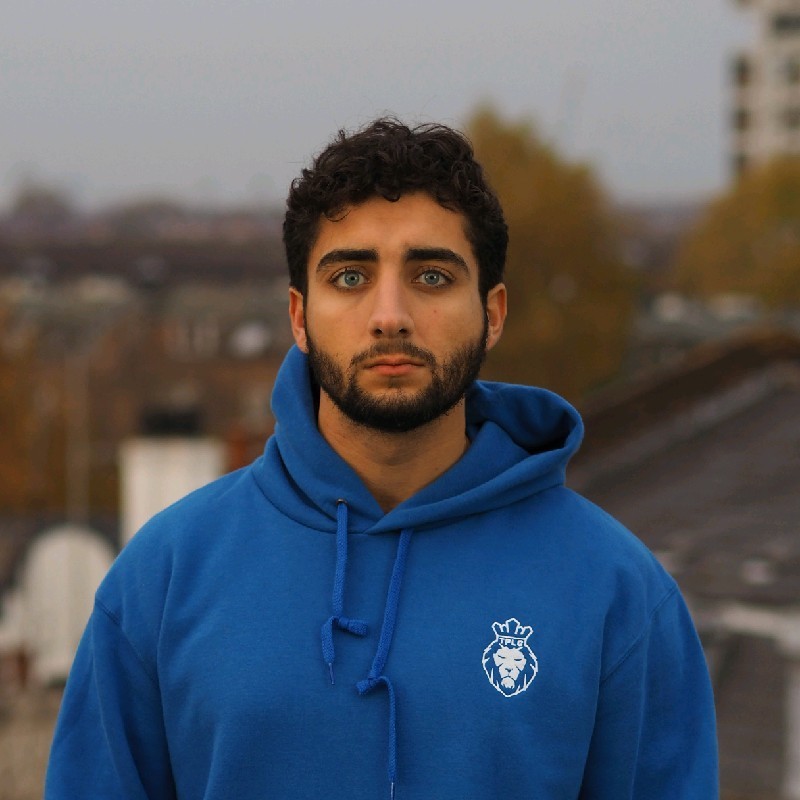Apr 19, 2022
Introduction
Distributed Autonomous Organizations (DAO) are more and more used as organizational infrastructure for the governance and management of blockchain-based initiatives and the related communities.
Among the multitude of DAOs, MakerDAO, Apecoin and Aragon Network represent three different and relevant examples due to their specific domains of application and tokenomics.
MakerDAO tokenomics
MakerDAO is a project that combines a DAO along with the DAI stablecoin creating a complete DeFi ecosystem that can secure loans, savings, and more on Ethereum's blockchain smart contracts.
MakerDAO allows the user to get Collateralized Debt Position (CDP) loans by generating DAI stablecoin, against a deposit of Ethereum (ETH) or other supported assets. The value that needs to be deposited must be at least 50% higher than the value of the DAIs being withdrawn.
Then the DAIs can be returned and the deposited assets will be released. The system charges a fee, called stability fee.
The value of DAIs is kept stable through the creation or burning of DAIs which occurs with the incentive to open or close loans which is obtained by appropriately modifying the interest rates.
All operations are carried out automatically by smart contracts and MKR token holders participate in governance decisions, such as the modification of stability fees.
MakerDAO is one of the largest DeFi projects in the world, and in addition to being a leader in cryptocurrencies and the DeFi movement, it was also one of the first to be launched.
ApeCoin
ApeCoin was established based on the vision that culture has found new expression in web3 through art, gaming, entertainment, and events. ApeCoin is a token controlled by the community. It serves as a decentralized protocol layer for community-led initiatives that drive culture forward into the metaverse.
Within the APE ecosystem, ApeCoin act as governance and utility token used to empower a decentralized community.
As the open-source protocol layer of the ecosystem, ApeCoin serves several purposes: governance, unification of spend, access, incentivization.
ApeCoin gives all the ecosystem participants a shared and open currency that can be used without centralized intermediaries.
It also provides access to certain parts of the ecosystem that are otherwise unavailable, such as exclusive games, merchandising, events, and services.
Third-party developers can use ApeCoin to participate in the ecosystem by incorporating APE into services, games, and other projects.
The ApeCoin DAO through the APE Improvement Proposal Process will allow ApeCoin DAO members to make decisions regarding Ecosystem Fund allocations, governance rules, projects, partnerships, etc. ApeCoin DAO membership is open to all ApeCoin holders.
The total supply of ApeCoin is permanently fixed at 1 billion tokens with no possibility of minting or burning coins.
Aragon
Aragon Network enables organizations to build and run their Decentralized Autonomous Organization on open-source infrastructure with governance plugins.
It is therefore a suite of applications and services that enable new forms of global communities.
Communities can organize around capital assets, currency, or tokens, which will increase in value as more people hold and use that asset to participate in the community.
Aragon not only provides basic financial tools like tokenization, the platforms integrates also the possibility to fundraise, manage finances, and reward contributors.
More than 1900 DAOs are currently running on Aragon. Just to mention a few of them: Decentraland, AAVE, BrightID and NTFX.
Governance
The ANT token is the main coordination mechanism of the Aragon Network DAO. ANT holders can make proposals and vote, and participate in dispute resolution.
The governance plugins include Aragon Govern for scalable and high-speed governance, Aragon Voice for 100% free and universally verifiable voting to end users, Aragon Court for dispute resolution.
Aragon Govern, Aragon Voice and Aragon Court all work together to enable fast, efficient and safe DAO management.
Aragon uses Optimistic Governance, sometimes called 'lazy' consensus, it assumes that all actions are legitimate unless proven otherwise, i.e. unless they are specifically challenged in Aragon Court during a Dispute Time Delay set by the DAO.
Every DAO must have a DAO Agreement that defines the purpose and parameters of the community.
A collateral deposit set by the DAO is required to schedule a transfer of DAO funds. This is refunded at the close of the execution window unless someone has successfully challenged the transaction in Aragon Court, in which case it will be forfeited to the challenger.
Conclusions
Different kind of organizations will make different use of tokens and each one will have its own governance rules. But definitely, tokens and tokenomics are a key factor for blockchain-based distributed organizations whatever their purpose is. And they are a crucial element for their success. Are you looking for professional Tokenomics consulting? Take a look at the offer!
Looking for DAO Tokenomics? Contact us
About the Author
Beatrice attended a Bachelor's degree in Italian Language, Literature and Civilization and got her Master's degree in 2020 at the Institute of Italian Studies of the University of Italian Switzerland (USI) in Lugano. Next to her humanistic education and passion for art history, she develops a personal interest in the field of communication and content creation, which she deepens in 2021 by attending a social media marketing training course. Since 2020 she has been part of the BrightNode team as a content writer.












